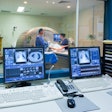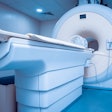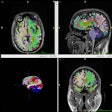Sunday, November 29 | 11:55 a.m.-12:05 p.m. | SSA15-08 | Room N226
U.S. and German researchers will discuss their development of a work-in-progress 3D T1-weighted fast spin-echo sequence (SPACE) technique, which has shown an ability to detect brain metastases with 3-tesla MRI.Researchers at the Gamma Knife Center at Methodist Hospital in San Antonio, in collaboration with the University Medical Center Mannheim and Scott & White Healthcare, led by Dr. Ulrike Attenberger, compared SPACE to 3D T1-weighted gradient echo-based scans (MP-RAGE) in a study of 28 patients with brain metastases.
The scans discovered 285 brain metastases, with one of two readers finding 55.4% of the lesions while the second reader detected 52.6%. Using the SPACE sequence, both readers' ability to find more metastases increased significantly (82.5% for reader 1 and 88.8% for reader 2).
Researchers also found a "markedly improved correlation" for SPACE (reader 1, r = 0.904, and reader 2, r = 0.916), compared to MP-RAGE (reader 1, r = 0.614, and reader 2, r = 0.558) scans. Lesions missed by MP-RAGE were all 5 mm or less in diameter, according to the study.
Researchers wrote that 3D T1-weighted SPACE has "markedly improved sensitivity for brain metastases, due to its spin-echo base and other characteristics facilitating lesion recognition, and is recommended for 3-tesla [MRI]."


.fFmgij6Hin.png?auto=compress%2Cformat&fit=crop&h=100&q=70&w=100)
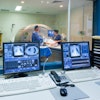
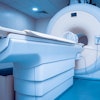
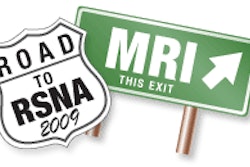

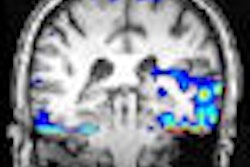
.fFmgij6Hin.png?auto=compress%2Cformat&fit=crop&h=167&q=70&w=250)


